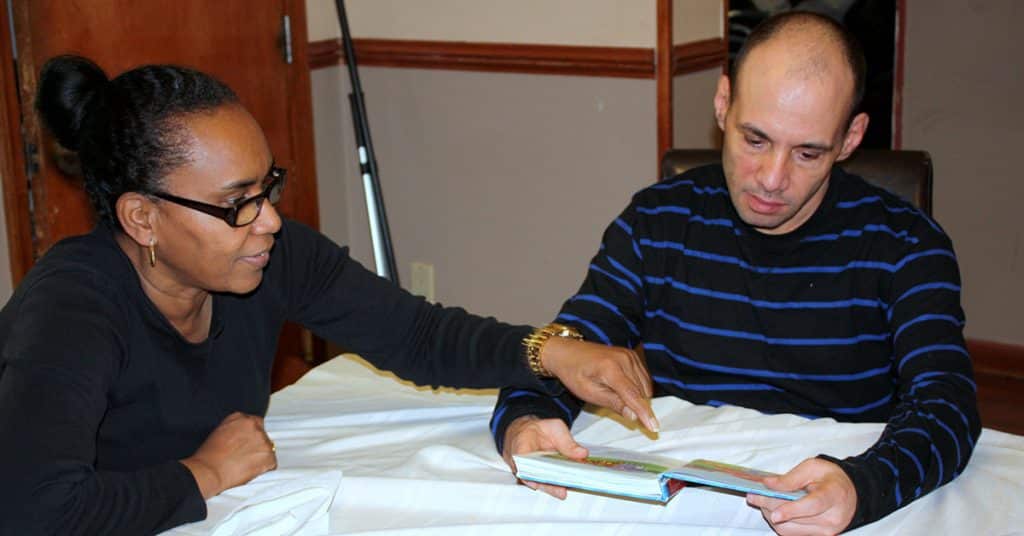The abbreviation I/DD is an umbrella term that stands for Intellectual and Developmental Disabilities. It is important to understand that intellectual and developmental disabilities are not synonymous, and individuals require specific learning methods for each.
To better understand the differences, here is a short summary to help identify the distinctions.
Intellectual Disabilities
Intellectual disorders are triggered by physical and genetic conditions that may begin during pregnancy, early childhood, or any time before reaching the age of eighteen.
Many individuals experience a range of challenges in learning adaptive behaviors and daily living skills such as communication, socialization, and personal hygiene. Physical challenges may involve walking, mobility, and speech.
In some cases, children diagnosed with intellectual disorders may be able to develop the skills needed to gain independence through professional support programs and targeted learning. Other children may require one-on-one support within the school system or at home. As adults, many may move into a group home environment, where they will continue to learn essential skills to enhance their independence and self-sufficiency.
Developmental Disabilities
Developmental disabilities encompass a broad group of challenges that can potentially impact learning, behavior, and language development.
Individuals living with a developmental disability may experience chronic cognitive or physical disabilities, or both. For example, some people may be impacted by deafness or blindness. Others may experience intellectual and developmental challenges stemming from genetic conditions like Down syndrome or Fetal Alcohol Syndrome.
Many clinicians and human services professionals are trained to tailor their care delivery to meet the needs of the I/DD population. Individuals residing within group homes at agencies such as the Independent Living Association (ILA) have the opportunity to learn vital skills to help them thrive in their communities. Many individuals take part in day habilitation programs that help prepare them for employment, while others learn money management skills, computer skills, and much more.
In today’s world, there is much to learn about life through the eyes of individuals with I/DD. Caregivers, friends, and families can attest to the resilience, determination, sense of accomplishment, joy, and pride that exist when the proper supports and understanding are in place.

































































